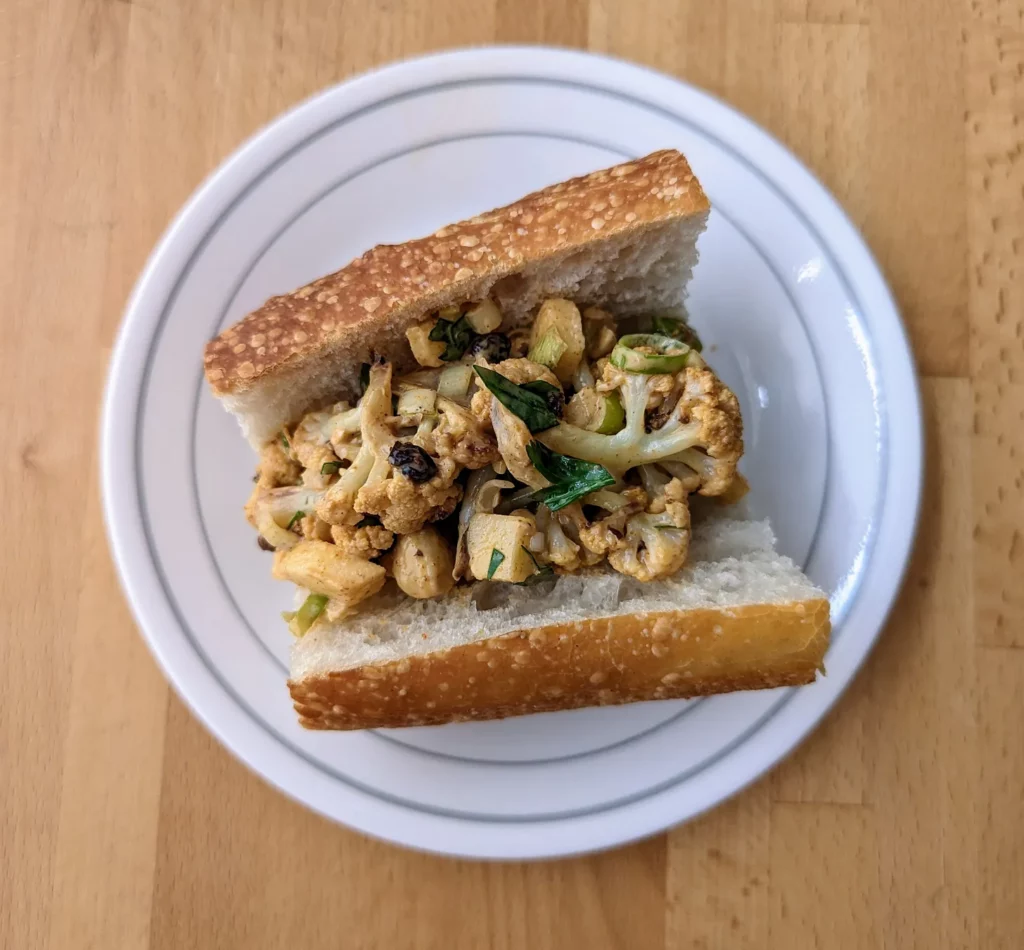
Vegan and ketogenic diets rapidly affect immune systems, study shows
A recent study done by researchers at the National Institutes of Health found rapid changes in immune system responses caused by vegan and ketogenic diets.
Verena Link, a postdoctoral researcher and author of the study, said little research has been done in the past that correlates diet changes and the immune system.
“It’s pretty well known that diet is an important contributor to overall health, but how diet and defined diet changes affect the immune system is still largely unknown,” Link said. “So, this was a very exciting opportunity for us to learn more about the impact of diet on the immune system.”
The study, published in 2024, looked at a sample of 20 diverse participants over four weeks. The participants stayed at the NIH Clinical Center under observation while one group only ate foods within the ketogenic diet for the first two weeks and then switched to the vegan diet, and the other started the vegan diet for two weeks before switching to the ketogenic diet.
The researchers collected blood, urine and fecal samples from each participant before and after the study was completed, which Link said is what allowed researchers to see the effects had on the immune system.
“We found a really remarkably conserved rewiring of the immune system,” Link said. “That basically means we saw a very strong signal that was common among a diverse group of individuals and between the microbiome following the diets, and we were really surprised by the strong differences.”
The study found that the vegan diet was associated with innate immunity, the part of the immune system that functions as a nonspecific first line of defense. The ketogenic diet was associated with the adaptive immune system, which is the part of the immune system trained by vaccination.
“Really it was quite remarkable that we found such a conserved and significant response in our study cohorts that really supersedes age, gender, BMI and race.”
Verena Link
Link said that despite the strong signals drawn in the data, it is too early to make any conclusions from the study.
“Right now, we don’t recommend changing to a vegan or ketogenic diet to improve or change immune function,” Link said. “However, it’s been very well studied that avoiding highly processed foods and very sugary foods improves overall health, so if somebody really considers a lifestyle change, including diet, that will really be the first step you should take.”
Natalie Caine-Bish, an associate professor in health sciences at Kent State University, said she is not a proponent of the ketogenic diet since it can be high in saturated fats and causes unfavorable biochemistry in the body, but does recommend the vegan diet if done with caution.
“You do have to be concerned with a vegan diet, with some vitamins and mineral deficiencies, because they’re not eating animal-based products. There are certain nutrients found more in animal-based products than in plant-based, so that can be an issue as well.”
Natalie Caine-Bish
Participants in both the ketogenic and vegan diets were monitored by changes in the microbiome, which is the community of bacteria living in the gut. Caine-Bish said this caused the study to be more limited in its conclusion.
“I think it’s too early to really have a hypothesis on this yet,” Caine-Bish said. “I think we need to have more studies that really look at what changes are actually happening because there’s some question to the measures that they use as well. Would that be found everywhere in the body, or just in the microbiome?”
Caine-Bish said she is certain more studies from various research institutions will be done following this one to further explore the link between vegan and ketogenic diets and the immune system.
Joy Manning, a writer specializing in health and food wellness, began the vegan diet in 2017 to help with high-cholesterol and noticed an improvement in her overall health.
“I feel amazing on a plant-based diet. I eat way more vegetables than I used to, and it has given me a lot of energy. I also get plenty of protein, including tofu, tempeh and beans, so that hasn’t been an issue at all.”
Joy Manning
Manning noted that she also got fewer colds and slept better after the switch.


